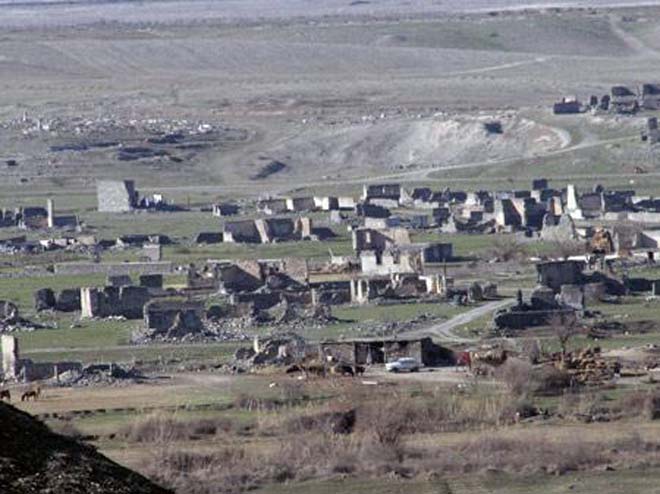Baku, Azerbaijan, Sept. 26
By Elmira Tariverdiyeva – Trend:
A possible meeting between the leaders of Azerbaijan and Armenia, Ilham Aliyev and Serzh Sargsyan, has become the research topic for many experts.
According to many experts, a potential meeting this year can reduce the likelihood of renewed armed conflict between Armenia and Azerbaijan. This was particularly noted in an article by Carey Cavanaugh, former co-chair of the OSCE Minsk Group, and Paul B. Stares, published on the website of the US think tank Council on Foreign Relations.
The fact that Washington for many reasons is interested in stability in the South Caucasus region is beyond doubt. However, many experts think that the US should demonstrate greater commitment to the peace process around Nagorno-Karabakh.
In particular, this will help to prevent the resumption of hostilities, which will have an impact on the entire region, including neighboring Georgia that depends on gas supplies from Azerbaijan. Intense fighting could disrupt the region’s energy transportation network, which also carries Azerbaijan’s resources to US allies in Europe.
“For Washington, greater instability in the South Caucasus would further complicate already strained relations with Russia, Turkey, and Iran,” says the article.
Meanwhile, there are evidences that the settlement of the Nagorno-Karabakh conflict by peaceful means is a priority for the administration of US President Donald Trump.
“The interim US Minsk Group co-chair, Ambassador Richard Hoagland, stepped down on August 28 and was immediately replaced by Andrew Schofer, most recently the chargé d’affaires at the US mission to the UN offices in Vienna, Austria. Nevertheless, US Secretary of State Rex Tillerson’s August letter to Senate Foreign Relations Committee Chairman Bob Corker has led to speculation that this special envoy position may be cut as part of his pending reorganization of the State Department," - said the article.
"Even if the position remains, Schofer may not be put forward for ambassadorial rank. This would place the US mediator in a visibly inferior position to his Russian and French counterparts and could be interpreted as signaling warning US interest in or support for the OSCE settlement process,” wrote Cavanaugh and Stares in the article.
“Both men were present this week in New York, but did not meet. Instead, they spoke before the General Assembly and used their presentations to underscore their principal irreconcilable demands (self-determination vis-à-vis territorial integrity), to recount massacres and war crimes committed against their people, and to blame the opposite side for instigating the April 2016 clash. While each leader spoke briefly of a commitment to peaceful resolution of the conflict, their messages illuminated how distant that goal remains,” says the article.
However, according to experts, this month’s meetings in the US have provided an excellent occasion for other diplomatic delegations, as well as Turkey and Iran, to meet on the margins of the UN General Assembly and further explore how best to address the challenges posed by the Nagorno-Karabakh conflict.
“The General Assembly also presents an opportune moment for the new US administration to reconfirm its commitment to performing a vital role in this peace process,” says the article.
The conflict between the two South Caucasus countries began in 1988 when Armenia made territorial claims against Azerbaijan. As a result of the ensuing war, in 1992 Armenian armed forces occupied 20 percent of Azerbaijan, including the Nagorno-Karabakh region and seven surrounding districts.
The 1994 ceasefire agreement was followed by peace negotiations. Armenia has not yet implemented four UN Security Council resolutions on withdrawal of its armed forces from the Nagorno-Karabakh and the surrounding districts.






